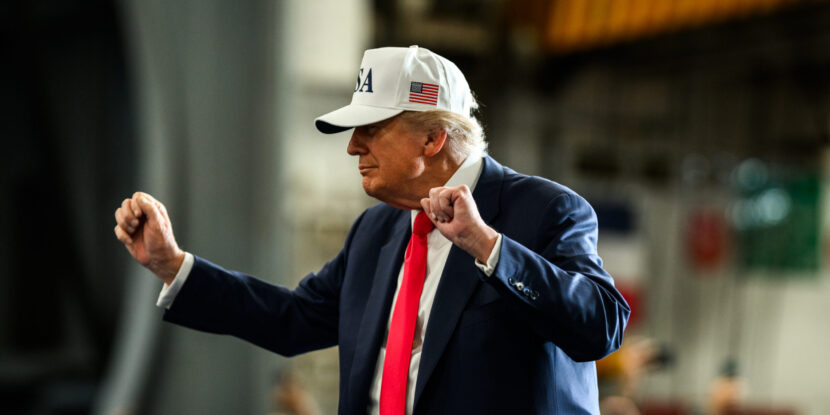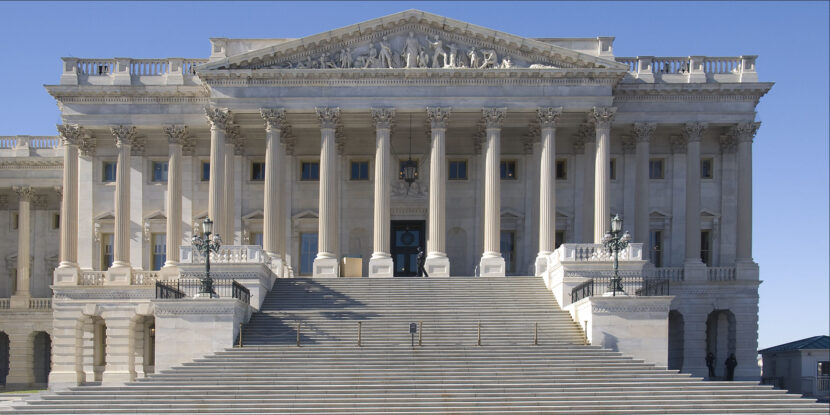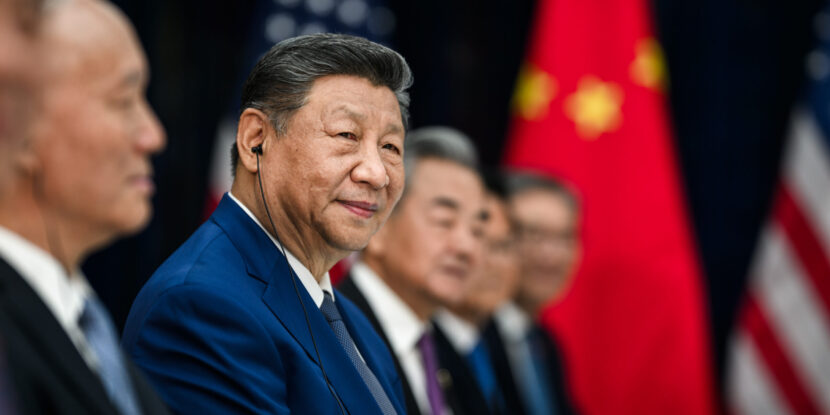❓WHAT HAPPENED: The head of Britain’s MI5 domestic intelligence service, Sir Ken McCallum, revealed that Chinese state operatives present a daily national security threat to the United Kingdom.
👤WHO WAS INVOLVED: MI5, Sir Ken McCallum, the Crown Prosecution Service (CPS), and British government officials.
💬KEY QUOTE: China is “the biggest state-based threat to the country’s economic security,” warned Deputy National Security Adviser Matthew Collins
🎯IMPACT: The collapse of a recent high-profile spy case has raised questions about the British government’s handling of Chinese espionage and its commitment to national security.
The head of Britain’s domestic spy agency, MI5, has warned that China poses a “daily national security threat” to the United Kingdom, revealing that the intelligence agency had disrupted Chinese state-linked activity within the past week. Sir Ken McCallum’s comments come amid rising concerns over Beijing’s growing espionage operations in Britain following the collapse of a high-profile prosecution case involving two men accused of spying for China.
The Crown Prosecution Service (CPS) recently dropped charges against alleged spies Christopher Cash and Christopher Berry. Prosecutors said there was no clear official designation of China as a threat to national security at the time the alleged offences took place.
The abandoned prosecution has sparked calls for a public inquiry to examine the decision-making process and potential political interference. However, the growing alarm over China’s operations in the United Kingdom is not limited to this case. In 2023, for instance, two parliamentary staff members, including a researcher with ties to senior Conservative Members of Parliament (MPs), were arrested under the Official Secrets Act on suspicion of spying for China.
Matthew Collins, Britain’s Deputy National Security Adviser, has described Chinese espionage efforts as “large-scale” and called China “the biggest state-based threat to the country’s economic security.”
In addition to espionage, China’s growing involvement in British infrastructure has come under scrutiny. Earlier this year, the government approved a controversial deal with Chinese company Mingyang Smart Energy to build turbines for a major North Sea wind farm. Critics warned that giving a Chinese firm access to critical infrastructure could compromise national security, citing concerns about embedded surveillance technology.
Join Pulse+ to comment below, and receive exclusive e-mail analyses.




















